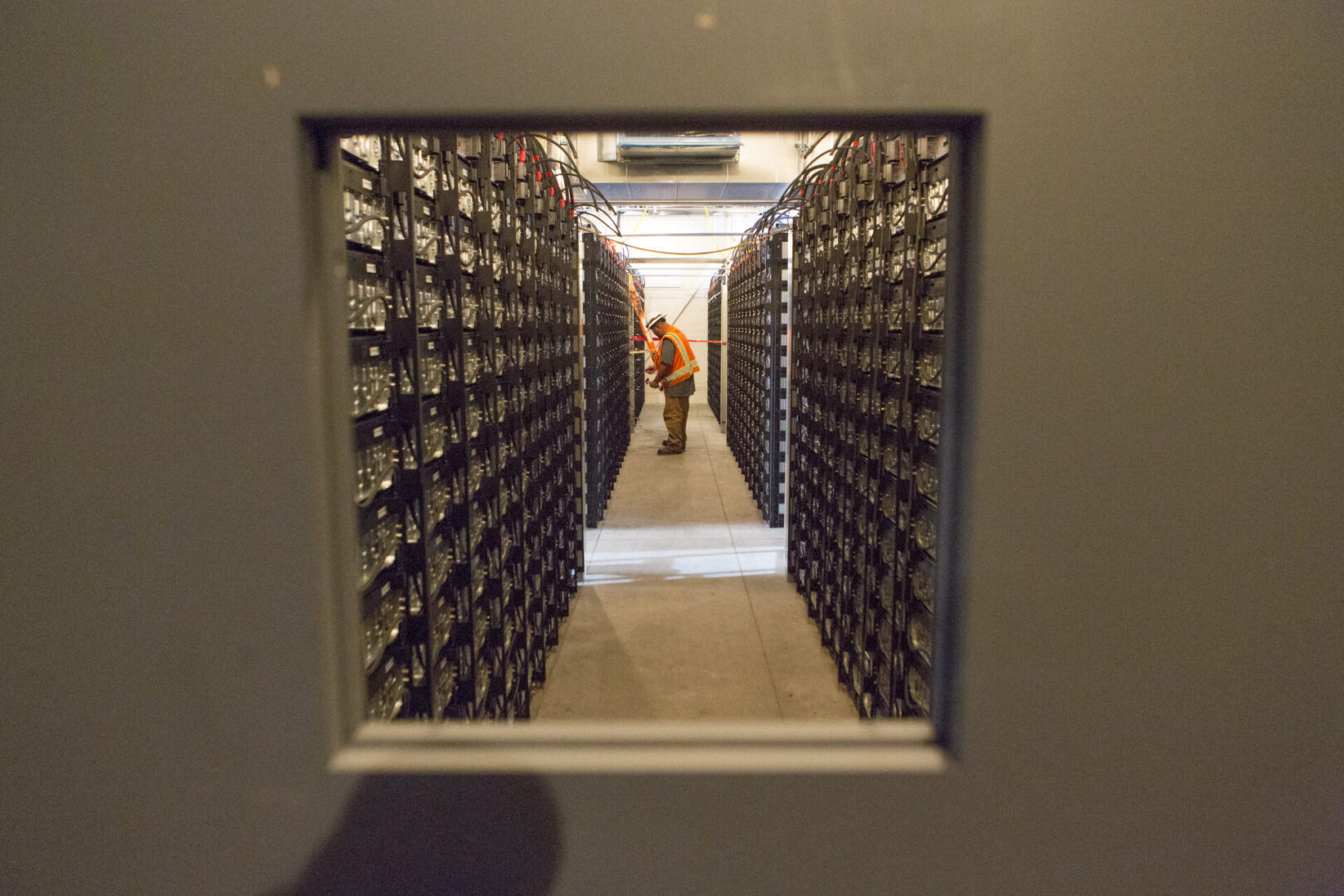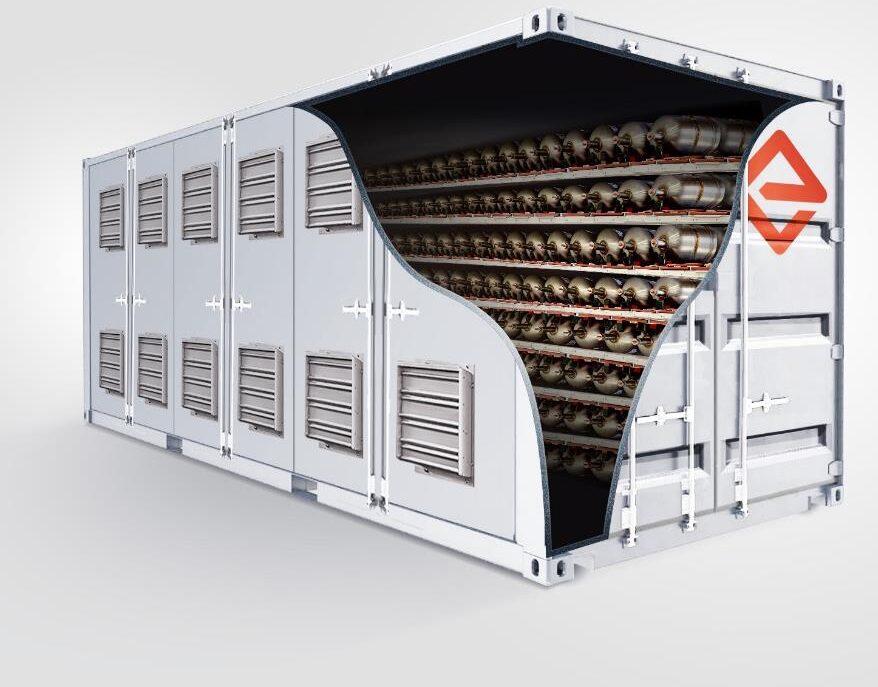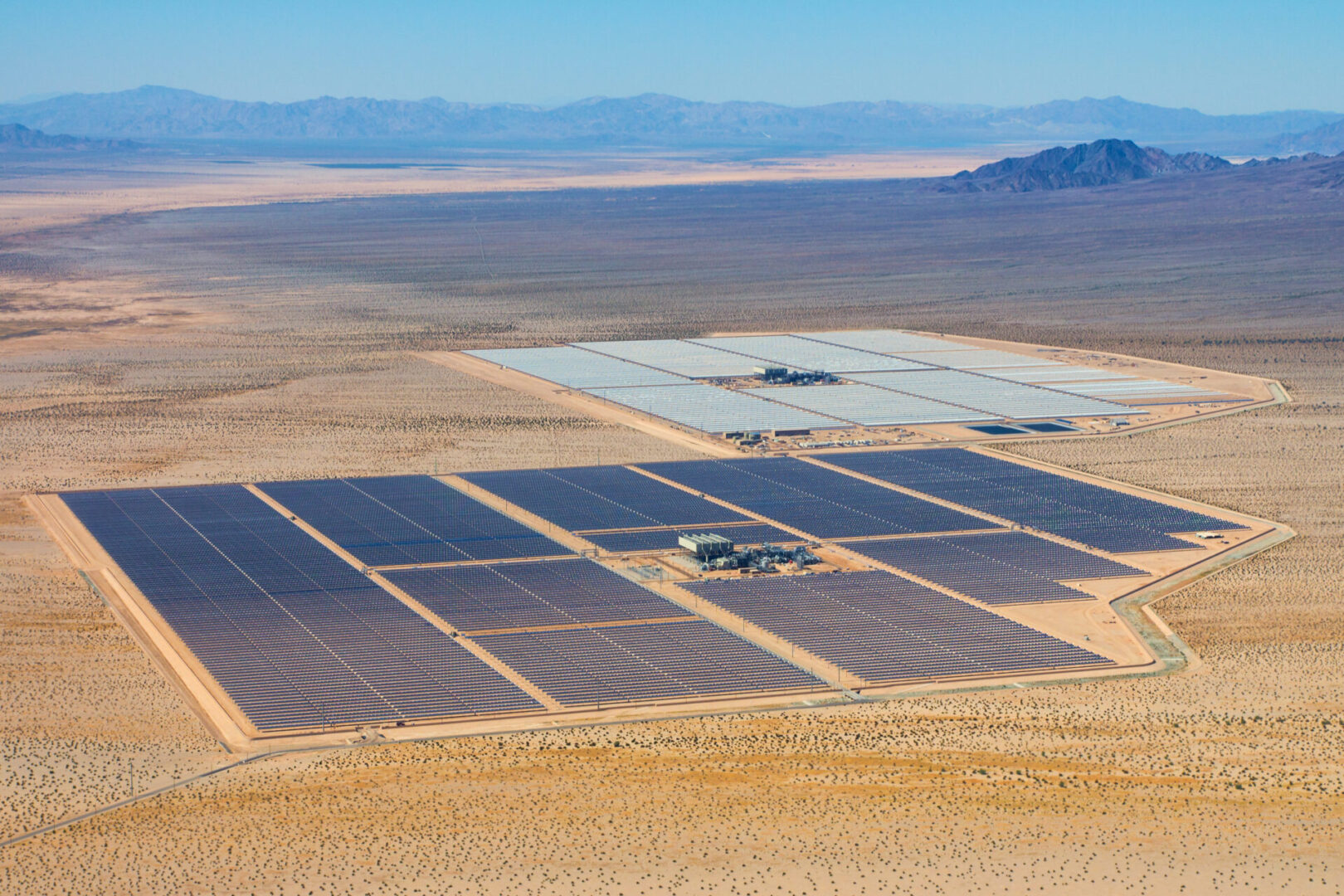Energy Management System (EMS)
The EMS is the interface between your energy storage system, its operators, and the grid. It provides full control and visibility of all the components of our system through the Command Center.
Leaf Energy's expertise in energy management and control of hardware allows for a vendor-agnostic storage system integration approach within our platform, ensuring that our clients will always have a competitive advantage regardless of their application and technology. Our approach to EMS is the optimization of the revenue generation and minimizing asset management costs over the life of the project.
EMS Solution Overview
Leaf Energy's EMS is a turn-key energy storage and hybrid controls solution that includes controllers’ software, integration, monitoring, maintenance, and analytics. Leaf Energy's EMS provides full command, control, monitoring, and management functionality for a single energy storage asset or a fleet or asset location anywhere in the world. Leaf Energy’s EMS was designed to maximize the safety and profitability of storage and hybrid systems.
Technology Agnostic
Leaf Energy’s EMS supports all technologies with flexible and universal controls to future-proof your fleet and operations.
Industry Insight
Leaf Energy’s team has the deep industry experience and knowledge of vendors, markets, and technologies including ISO/RTO qualification and participation.
Customer Success
Setting expectations, meeting expectations, and genuinely helping our clients succeed is our core business principle.

Lithium-Ion Batteries
BYD Storage Solutions
Lithium-ion phosphate (LFP)
BYD is considered one of our preferred suppliers of LFP batteries and enclosures, and Leaf Energy has an exclusive and long history of working with their team. BYD Energy Storage System (ESS) technology offers a modular, flexible design and can be easily customized to meet diverse customer needs. BYD has a lot of successful cases of ESS deployment from utility-scale to commercial and industrial, microgrid, and residential applications.
BYD Advantage:
Proven Technology
World's Biggest Iron-Phosphate Battery Factory
Experience
24 Years of Battery Manufacturing Experience
13 Years of Energy Storage System Operation ExperienceGlobalization
30 Manufacturing Sites
Patents
14,000 Patents Authorized


LG Energy Solution
Lithium Nickel Manganese Cobalt Oxide (NMC)
LG Energy Solution is considered one of our preferred suppliers of NMC batteries and enclosures, and Leaf Energy has an exclusive and long history of working with their team. LG Energy Solution was one of the earliest players to enter the lithium-ion battery industry, beginning with R&D as early as 1992 and mass-producing in 1999. Today, LG Energy Solution has a global production and R&D bases in Europe, the US, and Asia.
LG Energy Solution Advantage:
Proven Technology
LG Energy Solution is currently the No.1 global supplier of Lithium-Ion (NMC) batteries for vehicle and stationary applications.
Safety
One of the crucial parts of battery cell safety is the ‘separator’, which ensures that materials that should not be in contact within a cell remain separated. LG Energy Solution uses a patented technology called SRS® (Safety Reinforced Separator) to reinforce the separator to withstand even the harshest conditions.
Pioneering Innovation
LG Energy Solution was one of the earliest players to enter the lithium-ion battery industry, beginning with R&D as early as 1992 and mass-producing in 1999. With this experience, LG Chem has an unsurpassable technical competitive edge, demonstrated by 24,731 patents (as of May 2021).
Metal-Hydrogen Batteries
EnerVenue
Lithium-ion has become the dominant battery technology used in energy storage applications around the world, but that does not mean it’s the only, or even the best technology available for a given application.
EnerVenue is considered a partner supplier of metal-hydrogen batteries with an exclusive relationship to supply battery vessels. Leaf Energy is one of EnerVenue’s global integrators with a long history of working with their team.
EverVenue Advantage:
Durable with 30,000 cycles, 30 years, 3 cycles per day
Operate in -40C to +60C ambient temperature with a 30+ year lifespan and 30K+ full cycles without degradation or usage restrictions.
Simple with minimal OPEX with no augmentation
Minimal OPEX and no augmentation required for the life of the project
Safe
No fire or thermal runaway risk, or toxic materials and easy to recycle
Flexible with fast and slow charge rates
Charge/Discharge range >5C to C/10+; future-proof with a scalable and stackable form factor for C&I and grid-scale
Maintenance-Free
No moving parts and no O&M required
Affordable
Low-cost materials enable CAPEX that beats Li-Ion learning curves and zero O&M
Proven
Over 200 million cell hours in orbital spacecraft, and more than 100,000 charge and discharge cycles


Green Hydrogen
Plug Power
Leveraging the most abundant element in the universe, Plug was founded 25 years ago with the mission of powering the world using renewable energy. Plug Power has grown into the leading provider of green hydrogen with the world’s largest fueling station footprint. Following the development of the first commercially viable market for hydrogen fuel cell technology, customers turned to Plug to develop world-class hydrogen solutions that could make adoption simple. With its customers in mind, Plug built an end-to-end ecosystem with 50,000 fuel cell systems and more than 165 fueling stations for a range of customer applications. Plug is committed to developing effective and reliable end-to-end hydrogen solutions that allow customers to operate sustainably and efficiently.
Plug Advantage:
Zero-Emission Power
Hydrogen fuel cells (HFCs) produce no harmful emissions, eliminating the costs associated with handling and storing toxic materials like battery acid or diesel fuel. In fact, when fueled with pure hydrogen, the only by-products are heat and water, making fuel cells a zero-emission, sustainable power source. Hydrogen fuel cells are part of many well-planned corporate sustainability programs.
Robust Reliability
Hydrogen fuel cell technology has proven itself against tough conditions, including cold environments as low as -40 degrees F/C, weather environments like hurricanes, deserts, and winter storms, and even the hardworking business environments of material handling warehouses.
Improved Efficiency
Hydrogen fuel cells are generally between 40% to 60% energy efficient, according to the U.S. Department of Energy. In comparison, the typical internal combustion engine of a car is about 25% and thermal power plants are about 30 to 50% energy efficient.
Scalable
The advantages of using modular products such as fuel cells are profound: greater reliability and easier serviceability. But the most important of the fuel cell benefits may be scalability. These products may be engineered precisely to meet a variety of customer power needs, whether for on-road electric vehicles, material handling fleets, or stationary power.
Lower Operational Costs
Compared to batteries and internal combustion generators, fuel cells save money. They eliminate the need to change, charge, and manage batteries, subsequently reducing labor, time, space, and peak power demands. Additionally, simple maintenance and fewer site visits mean up to 84% lower operational costs when compared to combustion generators for stationary power. Robust reliability eliminates the need for quarterly site maintenance visits, keeping site personnel focused on their critical tasks.
Hydrogen Electrolyzers
Renewable Generation and Storage
Electrolyzers use electricity to split water into hydrogen and oxygen. Hydrogen storage captures the power of clean energy for later use. The remarkable potential for green hydrogen to reduce emissions is creating demand across many industries. Manufacturers with hard-to-abate processes, such as iron, steel production, and chemical refining, are looking to hydrogen as an alternative to coal and natural gas. Transportation, especially in the long haul and high payload and utilization applications, is looking to replace diesel with hydrogen. And communities around the world are demanding that hydrogen be blended into existing gas pipelines to make residential and commercial gas consumption cleaner and more efficient.
Hydrogen Fuel Cells
A Different Kind of Backup Power
Hydrogen fuel cell is an electrochemical power generator that combines hydrogen and oxygen to produce electricity, with water and heat as by-products, and can be used to power anything from commercial vehicles to data centers to communities. Hydrogen fuel cell technology offers the advantages of a clean and reliable alternative energy source to meet the growing demand for renewable and sustainable energy supply.

Recent advances in proton exchange membrane (PEM) electrolysis have made the process of electrolysis significantly more efficient in terms of both energy usage and operational costs. This, in turn, has made it much easier to couple electrolyzer systems with dynamic renewable energy sources like hydro, wind, and solar.
PEM hydrogen electrolyzers are safer, cleaner, smaller, lighter, and more responsive than alkaline technology alternatives. Utilizing pure water instead of corrosive potassium hydroxide means far less maintenance and a lower cost of ownership.
